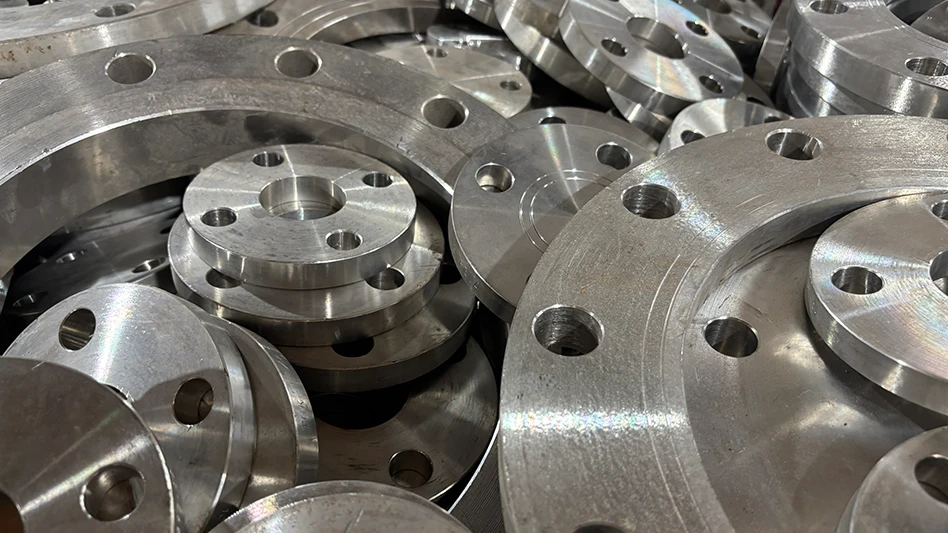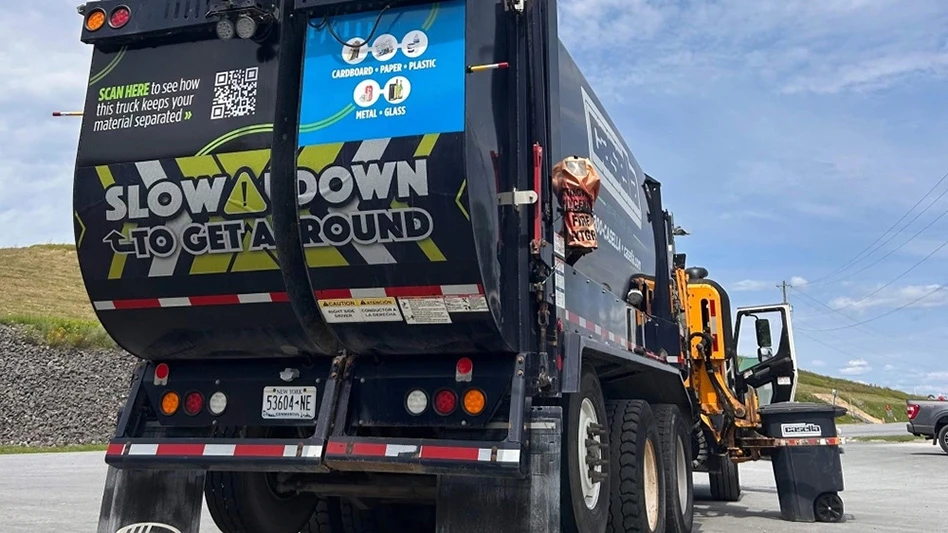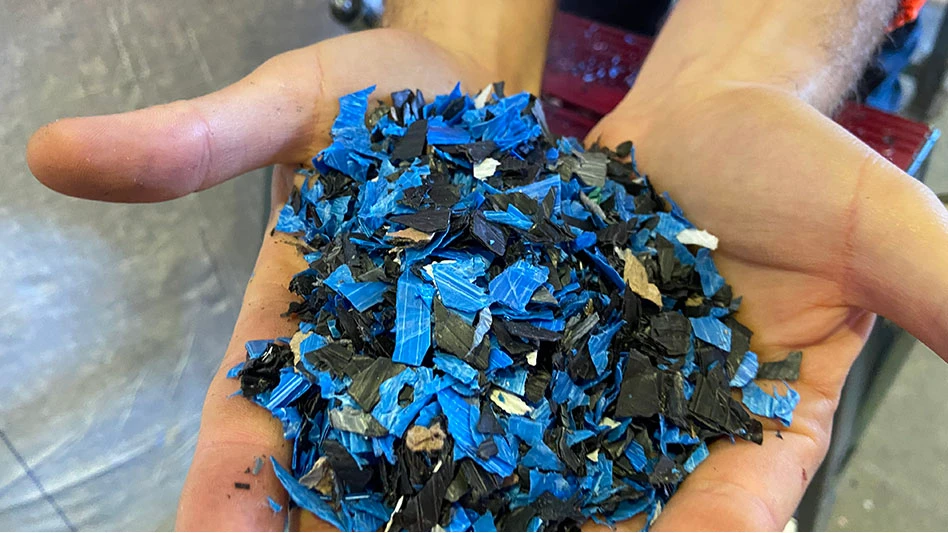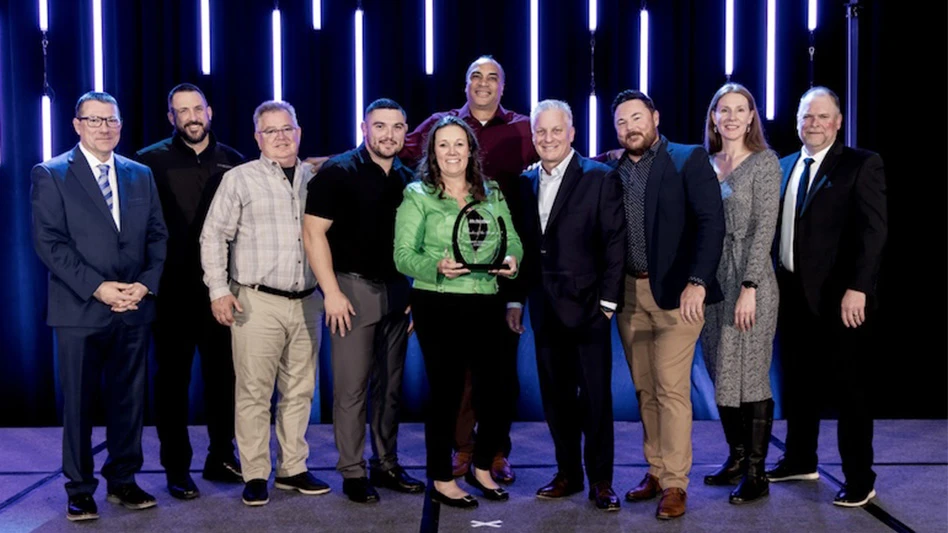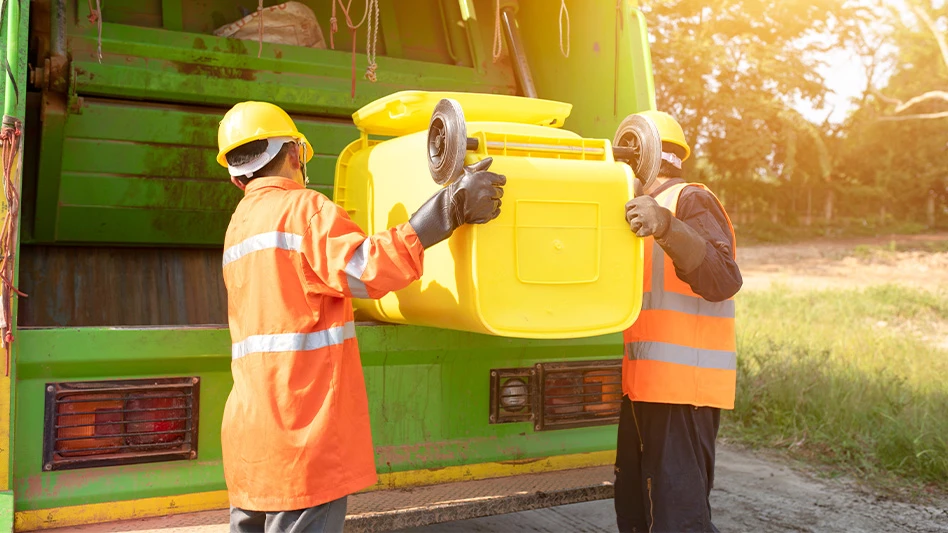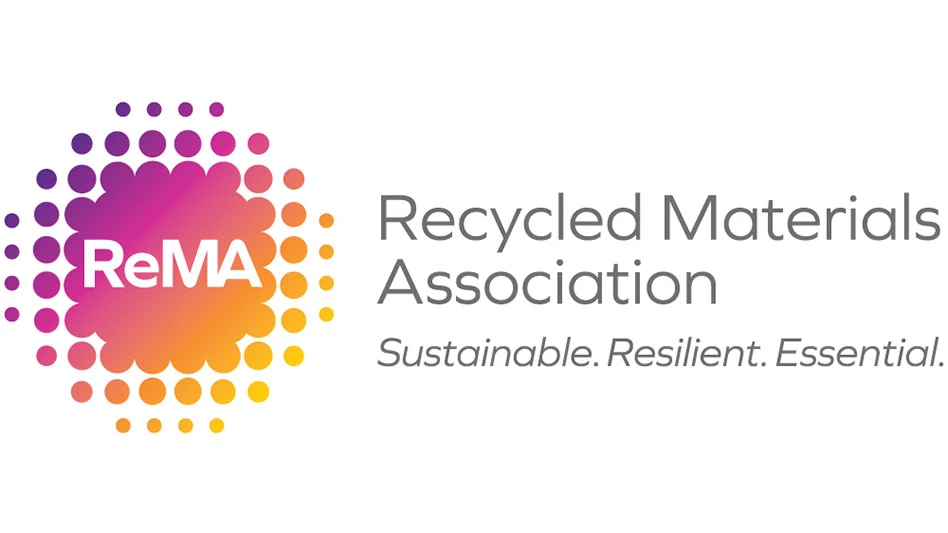
Photo courtesy of EMR
U.K.-based recycling company EMR will acquire a significant stake in Australian-owned Renewable Metals as part of a deal that will see a novel demonstration-scale battery shredding and critical minerals refining plant built in the U.K.
Renewable Metals has developed what EMR describes as “a highly differentiated” recycling process, known as Alkali, that recovers critical minerals from old batteries so they can be used again and again and that has fewer steps than existing recycling routes for lithium-ion batteries.
EMR says the process can deliver higher recovery rates without producing sodium sulfate and is better suited to handling the variability in end-of-life lithium-ion battery chemistries.
In the two-stage process, discharged battery modules are shredding and refined, yielding London Metal Exchange-grade nickel, copper, cobalt, lithium and manganese salts that can go directly back into the battery supply chain.
As part of a multimillion-dollar deal, EMR, which says it is the largest end-of-life vehicle recycler in the U.K., will commit end-of-life batteries to the large demonstration plant that will be built at EMR’s R&D complex in Birmingham, which is permitted to handle end-of-life automotive battery packs. The facility will be able to process automotive, e-mobility, industrial, domestic and portable lithium-ion batteries.
The technology used at the plant will deliver a lower carbon, more environmentally friendly solution for lithium-ion battery material recovery, according to the company, significantly reducing consumption of chemicals used in processing and the byproducts generated.
“Renewable Metals’ technology is a highly cost-effective and scalable solution which fits into our broader long-term global strategy for this market, where we are actively developing multiple new collaborations, says Roger Morton, managing director for technology and innovation at EMR. “The team at EMR can’t wait to see Renewable Metals ramp up their production over the next year.”
EMR says this investment will allow it to deliver, at demonstration scale, a circular solution for the recycling lithium-ion batteries in the U.K., enabling material from end-of-life batteries to be used in new products.
The new facility is scheduled to be operational in the first half of 2025, subject to permitting approvals.
“We’re delighted to finalize this agreement with Renewable Metals, with whom we have developed a fantastic relationship,” Morton adds.
“The team behind Renewable Metals have a world-class reputation in this field developed over many years, so we are thrilled to be working together with them on this exciting project.”
Morton says EV battery recycling is a challenge that EMR is working to address by making this investment, adding, “This investment fits perfectly with EMR’s global strategy to deliver more sustainable materials for the U.K. and European automotive industry.”
Luan Atkinson, CEO of Renewable Metals, says, “We’re incredibly excited to have the opportunity to demonstrate the cost and environmental advantages of our technology at a larger scale and looking forward to a future in the U.K. with EMR.”
Latest from Recycling Today
- Vermeer announces plan to build new facility in Des Moines metro area
- PureCycle, Toppan partner on packaging containing PCR
- LKQ to focus on simplification, productivity in uncertain demand environment
- Supreme Court strikes down IEEPA tariffs
- Redwood expands San Francisco R&D footprint
- Constellium posts record Q4 adjusted EBITDA
- QCC torches include customizable features
- Umicore finishes 2025 with increased earnings
